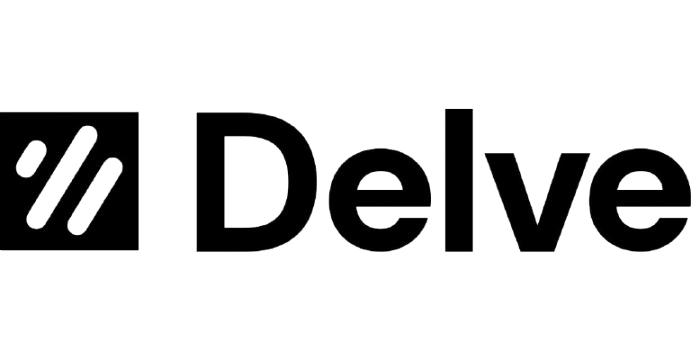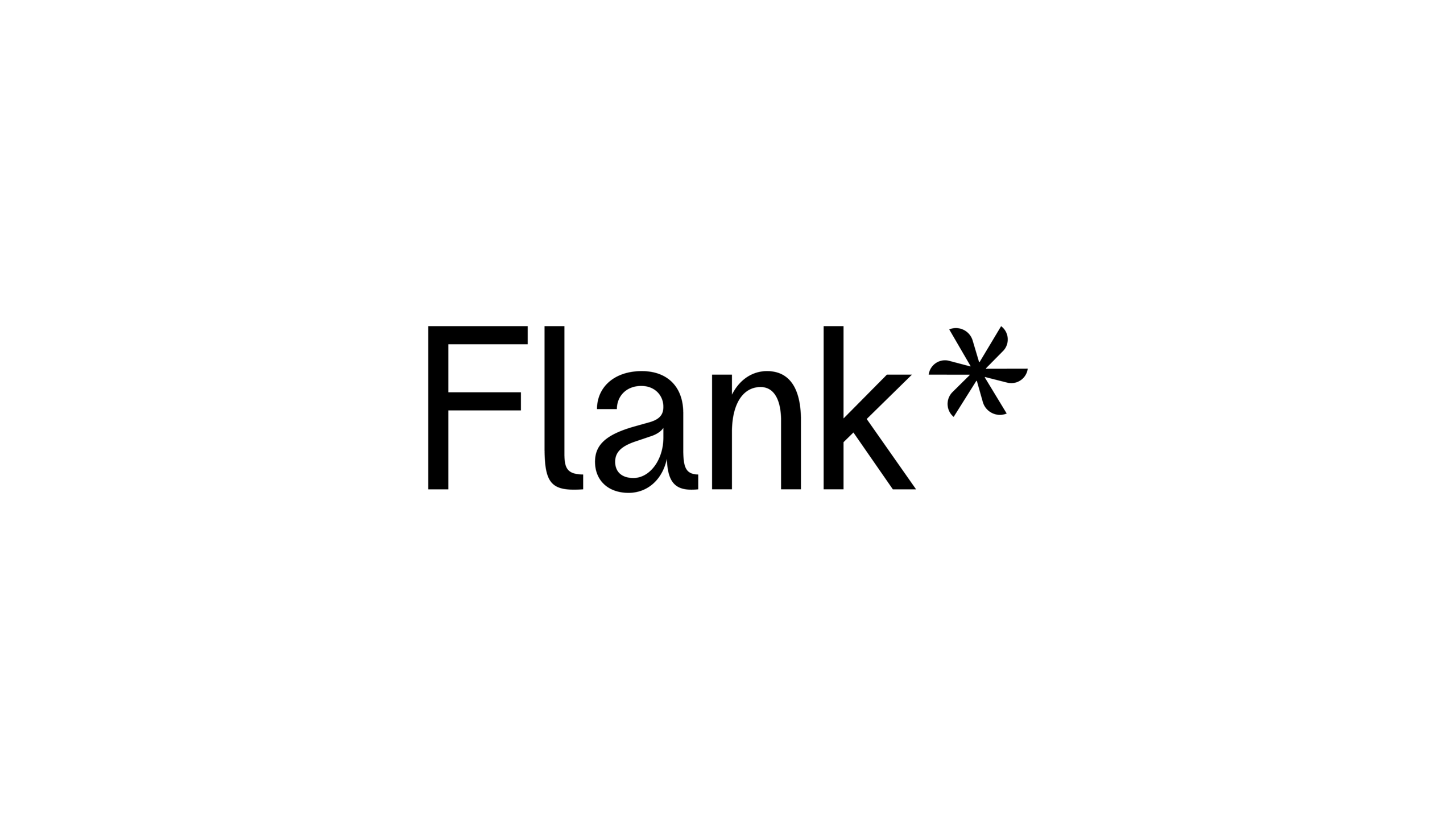Growth Gurus: Founder & CEO of Force Therapeutics

Insight's Growth Gurus series showcases inspiring leaders from our portfolio of ScaleUp software and internet companies. In this episode, Insight investor, Michaela Hirsh, interviews Founder & CEO of Force Therapeutics, Bronwyn Spira.
What inspired you to build Force Therapeutics?
I'm a physical therapist by training. I spent the first 20 years of my career treating patients and managing various sports and orthopedics rehab centers around the country.
As a clinician, the biggest challenge that my patients faced in recovery was that they needed to gain a better understanding of their condition. If we didn't help them learn what would help them feel better in their day-to-day lives at work, at home, or caring for children, they wouldn't get better at an optimal rate. For patients, it can be complicated how they receive care, especially when there's a lot of information coming at them at once. This can increase anxiety levels and impact their outcomes. And for the health providers, it was difficult to provide this accurate information in a vacuum.
I came to realize that an infrastructure with secure bi-directional communication between patients and providers could go a long way to solving the traditional way of caring for patients.
How do patients and providers utilize the product?
Force is the digital solution to the issues that I identified in my own practice as a physical therapist. It's a platform that serves as a digital tether throughout an episode of care, so that patients and providers can actually get the information they need to optimize outcomes. Patients are prescribed a digital care plan that delivers the information their doctor needs them to know at the right time, usually in the form of a digestible on-demand video segment. They can also ask questions and get real-time answers from their care team. On the flip side, the providers are equipped with the data to instantly make recommendations and monitor their patients anywhere.
Another part of the solution, which I think cannot be underestimated is that Force is a true workflow solution for workflow. When I was in practice, I spent hours playing phone tag. All healthcare professionals are increasingly required to manage a greater volume of patients that are outside of their purview. I just don't think that's an acceptable solution in our value driven care paradigm today.
At Insight, we all appreciate how challenging it can be to build a business from the ground up, especially in a new and rapidly evolving category like digital health. What's a challenge that you faced when trying to build the company out? How did you work through that?
I agree -- digital health is still a new space and we were early to the market. Even though our mission and vision are defensible, the healthcare market is pretty slow to change, and many of the legacy systems were firmly set. It was also difficult to sell into a market that didn’t have a budget for patient engagement technology.
Even though, in the beginning, we could clearly state the value to stakeholders of managing and engaging their patients across an episode from a quality and satisfaction perspective, the financial incentives are not necessarily in place in a largely fee-for-service model. That was a real challenge for us as we started the company.
Luckily, over the last five years, we've seen a major -- and I believe an irreversible shift -- to value-based models. At Force, we see this as the new normal, certainly for Tier One health systems across the country. From our humble beginnings, we are now deployed in sixty major health systems across the country with the goal to treat a million patients a year.
What are the key factors that you feel have made you successful with these large healthcare systems?
Our mission, which is to give patients the tools that they need to be successful with home recovery and give providers the tools to cost-effectively manage care remotely, has always been strong and consistent.
Having a strong mission has been our true north. Clinical empathy is at the core of our product and team. That empathy is the foundation of the product, how we think about communication, how we handle patience experience and what I believe has set us apart in the market.
In terms of our success, we made a conscious decision early on to work with top-tier health systems. To us, those are the academic medical centers that are innovating around care delivery. They're thinking about standardizing care based on data and research. They're thinking about how to measure and report on patient outcomes. By developing those partnerships, we pegged our success on the best orthopedic providers in the country. They worked alongside us early on to develop a product and position us in the market. That strategic decision helped us grow pretty rapidly over the years.
Was fundraising also a strategic decision early on? What led to your decision to seek investment and how did you start the process?
We think about our product as technology plus a support team -- it's not just technology. At the core of our success has been our belief that if we could implement with excellence, we would be successful. We've made that commitment to excellence in execution early in the company's history. That's not inexpensive, but it's proven to work. It's worked for us to work with our clients.
As we saw our growth trajectory with a lot of new clients coming on board, we were deeply committed to continue that mandate and to continue that implementation focus. That was the impetus funding, but we also were looking for investment to grow to the next level as a company and as a team. We wanted to find a partner that would not only provide a financial buffer for us, but also a partner who believed in delivering on our mission and who understood how to deliver excellence at scale -- and has done it before.
We met with a lot of companies, but Insight's track record of building high growth SaaS businesses is impeccable. From early discussions with you, Michaela, Peter, and the team, we were really drawn to the incredible infrastructure and network of experts that we could see being very value-add to our company.
Most importantly, we wanted people we could get along with and respected. I'll say that every person we've met at Insight has fallen into that category. We're just excited to sit around the table and solve big problems with like-minded partners. That's really what drove us to finally take the step and make this decision.
Thank you Bronwyn, we feel the same about Force. Everyone we've met has been incredible and the company's culture is incredible as well. How will you utilize the investment to scale the business? What are some of the near-term and long-term priorities that Force has in mind?
Continuing to build a team around customer success and research is a big initiative. Expanding on our data analytics and machine learning capabilities is something that will help our customers understand how to deliver better value throughout an episode of care.
I've always believed that we need to grow all aspects of our companies, all of our teams sequentially or in lockstep so that one doesn't overpower the other. We're being very thoughtful about how we do that and strategically thinking about how we continue to innovate, stay ahead of the market. Continue to excel in our implementations and our delivery of care with our existing customers.
You mentioned earlier that patient engagement and digital health is a rapidly evolving space. What do you think are the key trends that will help Force continue to grow in the next three to five years?
Transparency of data is going to be a key factor. For the first time, patients have access to publicly available data that'll help them make care decisions. Age cap scores, functional outcomes, infection rates, these are data points that are all being exposed. Reputation management for health systems and for surgeons is going to be an increasingly important aspect of every health systems business model. With that comes accountability, evidence-based care design, patient relationship management.
At Force, we measure and benchmark everything, then deliver that information back to our health systems and along with recommendations for improvements. Just as an example, if a surgeon practice wants to move to a same-day discharge model, for example, for their total joint replacement patients, which is a huge trend we're seeing in the market today. We can help them, we can study their data, we can share best practices and benchmarking based on our other centers of excellence. Really help them with clinical decision making, I think we're uniquely positioned to be that clinical insight vehicle for them to make these decisions in their business.
The second thing that's a huge tailwind for us, is really the financial incentives around fee for value versus fee for service. Bundle payments have shown an incredible success so far in improving outcomes and reducing cost over an episode of care. We believed that trend will intensify across the board. So for hospitals entering into bundled payments, continuous digital connection will be critical to success. There's no other way really for health systems to scale other than adding multiple FTEs. That's where Force becomes an incredible solution for patient engagement, patient experience, and workflow management for their providers.
One thing that really struck me about Force, especially when visiting the company, was the culture that you've been able to foster. How do you foster a strong culture where everyone rallies around the vision for the company?
We definitely hire against our own foundational values -- they're up on our walls in every room. As we bring people in, we're not only looking for experts in their field, but we're also looking for people who have those foundational values that match our own.
We foster and reward those values. We do cultural awards every year so people that have been true ambassadors of our culture get rewarded, the newer people coming in see that positive reinforcement and are inspired to behave in a similar way.
Lastly here, at the end of your career, Bronwyn, what do you want to be remembered for?
I’d like Force to be the gold standard in the way that care is delivered to every patient undergoing a procedure-based health event.
Growth Gurus
Listen to other interviews with inspiring leaders from Insight Partners' portfolio!
LISTEN










